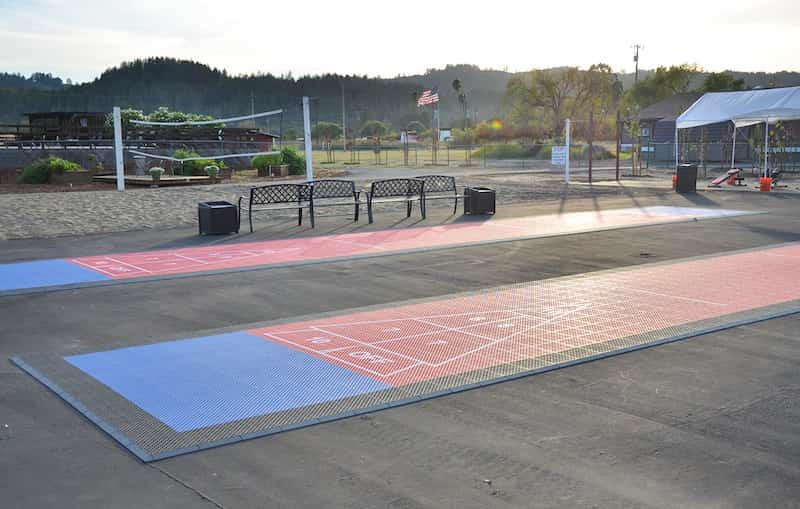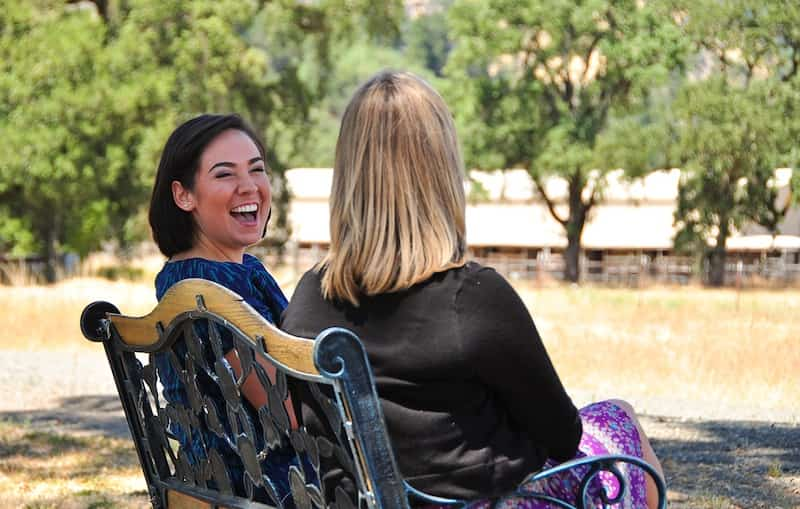It is easy to unknowingly enable your loved one in their addiction. You obviously aren’t trying to encourage their dangerous habits, but sometimes our actions feed rather than discourage an addiction.
In this article, we want to explore the concept of enabling and discuss how you might be unknowingly hindering your loved one from having a better life in recovery.
What Is Enabling?
Enabling is facilitating the progression of a problem by protecting others from the consequences of their own actions. If you’ve ever made an excuse for your loved one’s behavior, or loaned money, or shouldered responsibilities for your loved one struggling with an alcohol or drug addiction, you’ve probably unknowingly enabled your loved one’s addiction.
Unfortunately, enabling is a natural instinct, and many of us do it without realizing what we’re doing. There are two stages of enabling:
The First Stage: Innocent Ignorance
In the first stage, your loved one does not realize that addiction is the problem–they do not consider alcohol or drugs to be the problem–rather they view those as the solution or escape to their problems (read Jeff’s story). A loved one struggling with addiction will blame negative circumstances and trouble on anything but addiction–stress, lack of self-discipline, bad luck, or just a normal part of growing up.
But if you continually rescue your loved one from natural scrapes and messes that come as a result of addiction, you are in essence condoning behavior and allowing alcohol and drugs to escape unnoticed. At this point, any likelihood of your loved one grasping the true reality of his or her situation highly unimaginable.
The Second Stage: Desperate Denial
The second stage is one of awareness and desperation. Not everyone goes through the second stage, but many do. This is when your loved one begins to realize the truth: addiction is the problem after all. And chances are, you too are in the same boat. Maybe you didn’t realize at first how much of a problem your loved one’s alcohol or drink use was, but now, you’re beginning to.
Many family members and friends of loved ones struggling with addiction also go through a period of denial. Instead of seeking help for their loved one, they often work overtime to preserve their loved one’s dignity and the family’s reputation, instead of working to help the loved one get treatment.
You might find yourself making excuses for work absenteeism, or bargaining with your loved one, or doing everything you can to prevent your loved one from suffering the consequences. But by reacting out of fear and desperation, you are inadvertently opening the doors for unintended consequences. Often loved ones at this point in their addiction begin doing things they would never have thought possible several years ago.
Enabling Is Destructive
“Fixing” the circumstances aren’t always good, and consequences aren’t always bad. In fact, pain could be your loved one’s reality check; it is one of the most effective tools to break through the delusion and denial of addiction.
When you try to ”fix” the current situation to shield your loved one from facing the consequences of their actions, you’re actually helping the addiction, not your loved one. Enabling prolongs the addiction cycle, producing more unnecessary pain and frustration for you and the family while preventing the addict from coming to grips wit reality. Enabling prolongs the problem and prevents the solution.
This “tough love” approach is one of the most difficult steps a family has to take to help the addict or alcoholic on their journey towards recovery. However, it is necessary because if the enabling behavior doesn’t stop, families will love the addict/alcoholic to death.
But what can you do? Sometimes, instead of waiting for them to hit “rock bottom” you can help motivate them to seek help through loving confrontation and firmness, a process called intervention.
The Intervention Guide
We have compiled a FREE intervention guide to help you stage a successful intervention and help your loved one. Download the Intervention Guide now.























